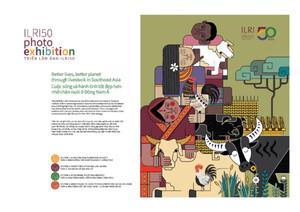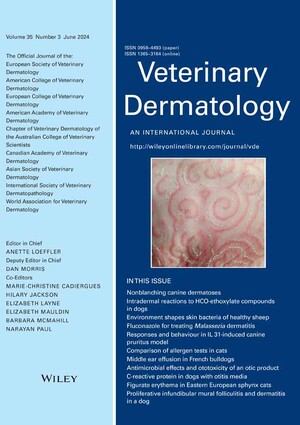
The antimicrobial resistance landscape of slaughterhouses in western Kenya: A microbiological case study
Abstract
Slaughterhouses may be hotspots for the transmission of antimicrobial resistant (AMR) pathogens. To obtain information on the AMR landscape in Kenyan slaughterhouses, we collected swabs of the environment, animal carcasses, and workers. Bacterial isolates were identified in 101/193 (52.3 %) samples, and most showed resistance to streptomycin (68.7 %), ampicillin (48.7 %), and tetracycline (42.5 %). Multi drug resistance was exhibited by 35/80 isolates (43.8 %; 95 % CI: 33.2–54.9 %), while Extended Spectrum Beta Lactamase was expressed in 5/80 isolates (6.3 %; 95 % CI: 2.6–14.3 %). These findings illustrate the presence of resistant bacteria throughout the slaughterhouse environment, posing a risk to workers and meat consumers and highlighting the need for an integrated surveillance system along the food chain.
Citation
Hamilton, K.A., Njoroge, S.M., Momanyi, K., Murungi, M.K., Odinga, C.O., Bor, N., Ogendo, A., Odaba, J., Ogola, J.G., Fèvre, E.M. and Falzon, L.C. 2024. The antimicrobial resistance landscape of slaughterhouses in western Kenya: A microbiological case study. One Health 19: 100899.










